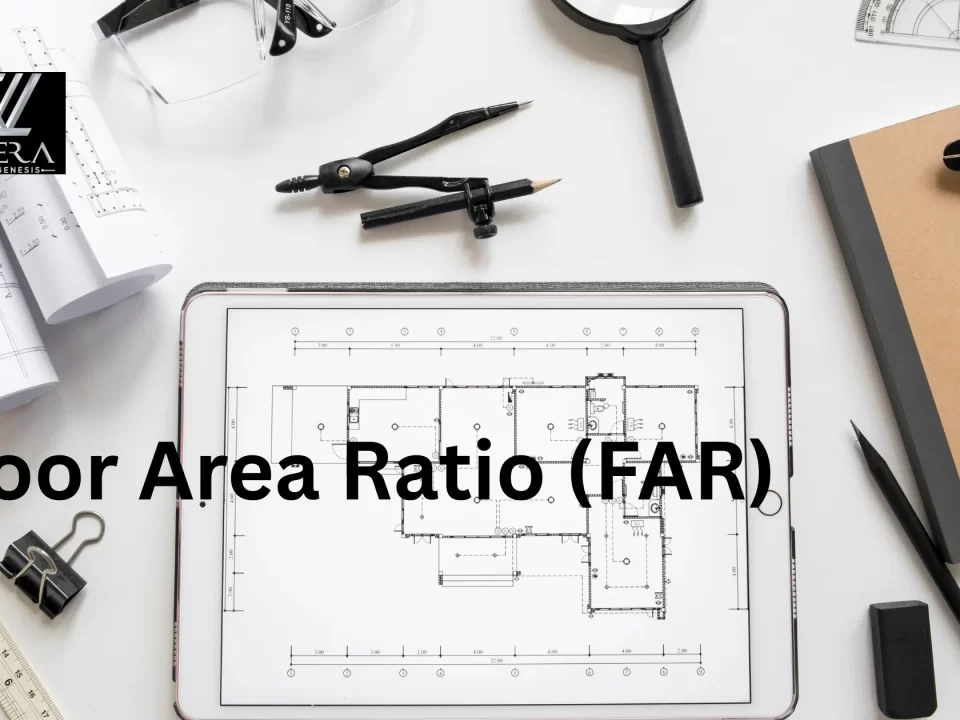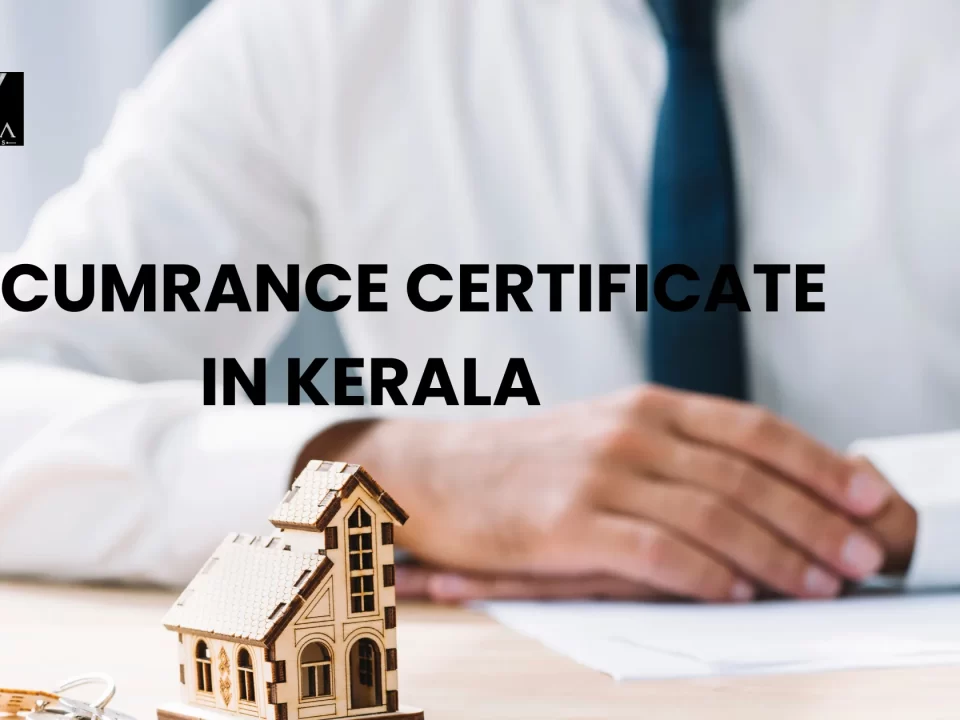- NAVERA BUILDERS PVT LTD
- +91 9207601111
- info@naverabuilders.com
Essential Legal Documents Required for Buying a Property in Kerala
Essential Legal Documents Required for Buying a Property in Kerala
Purchasing a property in Kerala is a dream for many. Whether you’re exploring residential projects or other properties, ensuring that your transaction is legally sound is essential. Documentation is one of the most critical parts of purchasing any property.
This comprehensive guide explains all the documents required to buy a property, helping you navigate the legal landscape with confidence and ease.
Why Proper Documentation Matters?
A secure real estate transaction is based on proper documentation. It serves as legal documentation of ownership, security against fraudulent claims, and allows people to get loans, utilities, and an easy resale option. Poor or improper documentation may cause legal battles, monetary or even ownership losses.
When you set out to buy a propertyin Kerala, having a checklist of the required documents ensures a smooth and hassle-free process.
Essential Real Estate Documents Needed to Buy Property in Kerala
1. Sale Agreement
The first official document between the seller and the buyer is the Sale Agreement. It contains the terms and conditions of the sale. This includes:
- Sale price.
- Payment schedule.
- Possession date.
- Fines in case of delay or default of contract.
The document serves as a legal undertaking and a requirement before selling deed is registered.
Tip: See that the Sale Agreement is written on stamp paper and signed by both parties under a witness.
2. Title Deed
The most important document is the Title Deed, or Mother Deed, which confirms the legal right of the seller (or the developer of the residential property) to the plot. It traces the history of ownership of the property.
- Make the title clear and marketable.
- Ensure that the seller possesses all the rights to sell.
Before finalising any property deal in Kerala, verify the authenticity of the Title Deed through a legal advisor.
3. Title report and search
A title search identifies the chain of ownership over the property by reviewing the chain of title within the lawful records, as well as:
- Pending disputes.
- Mortgages.
- Claims or liens.
The Title Search Report assists buyers to learn whether the property has any encumbrances and whether it is safe to buy.
4. RERA Certificate
By the Real Estate (Regulation and Development) Act, 2016, every real estate project must be registered under RERA.
- Ensure you have an official RERA Certificate of the project.
- Ensure that the project is registered on the Kerala RERA website.
This guarantees the legality, accountability, and transparency of the property.
5. Property Tax Receipts
Property tax receipts to prove that the seller has been paying all the municipal taxes to date. These are necessary to:
- Check the legal status of the property.
- Preventing future tax liabilities.
Insist on original and latest tax receipts while inspecting the property.
6. Encumbrance Certificate
An Encumbrance Certificate (EC) issued by the Sub-Registrar’s Office tells whether the property has any encumbrances, legal or financial liabilities.
- Ask for an EC for at least 13 years or more to ensure that no claims of any kind exist.
- Need it for home loans or future resale.
7. Occupancy Certificate (OC)
The OC signifies that the construction is complete and that the property is ready for occupation. It is an official document issued by the local municipal authority, which includes:
- Compliance with the approved building plan.
- Availability of utilities like water, electricity, and sewage.
Never buy a property in Kerala without an Occupancy Certificate.
8. Power of Attorney (PoA)
In your transaction, if a third party is representing the seller (for instance, a friend or a family member), a notarised Power of Attorney (PoA) must be created to:
- Grant legal authority to a person acting on behalf of the owner.
- Avoid fraud and unauthorised transactions.
Only accept a PoA that has been registered and vetted by a competent legal professional.
9. No Objection Certificates (NOCs)
While selling a real estate property, the developer or seller undertakes to obtain various NOCs from various departments, such as:
- Fire safety.
- Pollution control.
- Water boards and electricity boards.
- Local panchayat/municipality.
Review all NOCs to ensure that the property complies with the local regulations.
10. Sanctioned Building Plan
It is an Approved Building Plan sanctioned by the office of the Municipal Authorities for the construction of the property.
- Confirms the structure is legal.
- Avoids problems of unauthorised construction.
- Make sure to compare the sanctioned plan with the actual construction before proceeding.
11. Development Agreement (if any)
A developer constructing the property on somebody else’s land by way of a Development Agreement, which sets down:
- Terms between the landowner and builder.
- Revenue/area-sharing arrangement.
- Legal ownership transfer mechanisms.
- It is especially common in joint development projects in Thrissur.
12. Payment Receipts (Under Construction / Ready to Move)
For properties under-construction, make sure you keep every payment receipt from the builder or developer. These papers are part of the essential property document list and act as proof that you’ve paid your instalments, registration charges, and any other related fees.
Holding on to these receipts makes the process clear and simple when it’s time to transfer ownership, and helps you avoid mix-ups later.
13. Identity and Address Proof
You’ll need to show some ID when you buy a property. The most common ones are an Aadhar card, a voter ID, or even a passport. These are the real estate documents that confirm who you are and where you live.
During registration, officials just check if the details match. It’s better to go over them once yourself, a small mismatch can cause delays later.
14. Mortgage Documents (if applicable)
If you’ve taken a home loan, the bank will hand over the legal documents required for purchase of property. You’ll get papers like the loan approval, payment plan, and mortgage details.
Keep them safe until the loan is closed. And if you’re buying a resale property, ask if there are any dues or loans still linked to it before you go ahead with the registration.
15. Compliance under RERA (Regulation and Development) Act, 2016
You can quickly check if the property shows up under RERA. The purpose of RERA is to make things fair and transparent for buyers.
Just head to the official website, type in the builder’s RERA number, and see if it’s still active.
While you’re at it, ask for all the documents required for buying a property. Many people skip this step and end up chasing later. It only takes a few minutes to confirm, and it saves you from a lot of stress down the line.
In Kerala, buying a property is a huge investment, both financially & emotionally. Be it in relocating, retiring, or investing, it is helpful to familiarise yourself with documentation when buying to safeguard your future.
Are you ready to turn your dream house into a reality? Explore the most reliable projects with verified documentation and secure your investment now! Make sure to consult a registered property lawyer before buying a property in Kerala and live with peace of mind in your new abode.
FAQs
What is real estate documentation?
It’s just a bunch of papers that show you really own the place and that everything’s legal. Stuff like the sale deed, title deed, and the encumbrance certificate all fall into that group. These real estate documents help you check that everything about the property is genuine before you buy it.
What are the legal documents required for the purchase of property?
The key legal documents required for the purchase of property are the sale deed, encumbrance certificate, building plan approval, and NOCs from local authorities. Having these in order ensures your purchase is legally valid and risk-free.
What are the three most important documents in the sale of any property, and why?
The three main documents are the sale deed, title deed, and encumbrance certificate. The sale deed confirms ownership, and the encumbrance certificate ensures there are no pending loans or disputes. Together, they form the foundation of a safe and verified property transaction.
How to verify property documents before buying?
Before purchasing property, one should verify the documents through a certified property lawyer. A lawyer would guide you through the legal paperwork, make sure all the documents are genuine, and raise any red flags in the deal.
The first step is to ensure important documents, including the Title Deed, Encumbrance Certificate (EC), and RERA registration of the project, are checked. This documentation proves the legal status of the property and also ensures that the property is without financial or legal encumbrances.
Then establish who the seller is and whether he/she has the right to sell it. Make sure that the individual selling the property is the valid owner and has the right to sell the property.
Along with this, compare the property details like plot size, location, and boundaries with the municipal records. Make sure the building plan is built according to the approved design.
Lastly, make sure that the seller is up to date with property taxes and seek original documents when obtaining them. A complete title search will assist you in making a safe investment.




